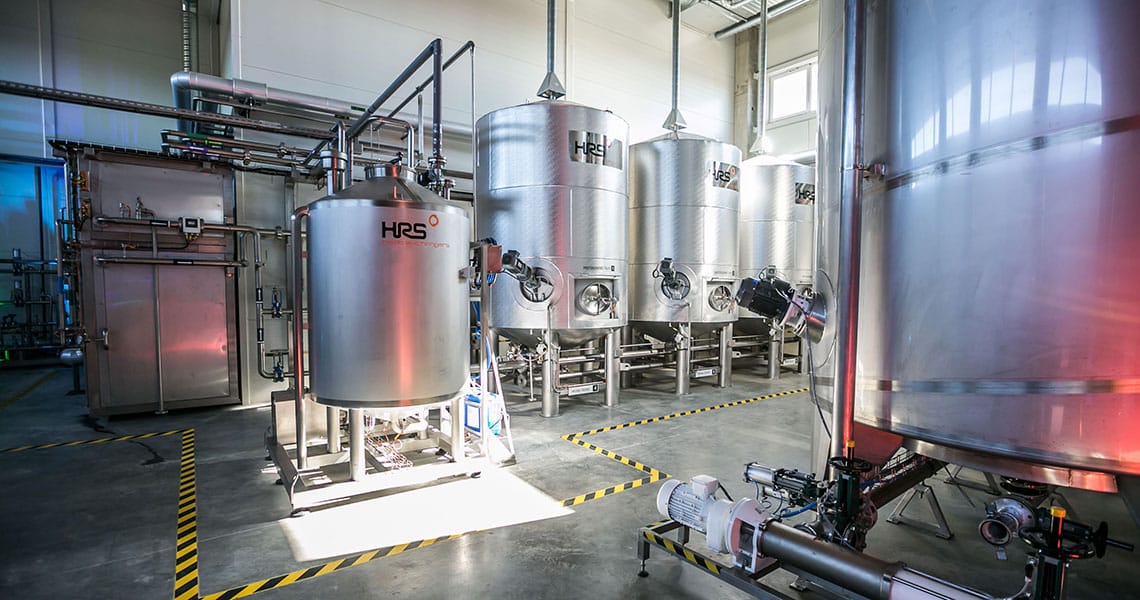Report Highlights European Biogas Potential

HRS Heat Exchangers welcomes a recent Statistical Report by the European Biogas Association (EBA) which shows that by 2050, as much as 40% of Europe’s total gas consumption could come from sustainable biomethane. We also welcome the focus that the report gives to the importance of creating sustainable uses and markets for digestate, without which such ambitions will not be realised.
The report analyses the current availability of renewable gases in Europe, notably biogas and biomethane, and concludes that combined production of these energy sources in 2020 was 191 TWh, a figure which is expected to double in the next nine years. In particular the report predicts that biomethane, which saw its biggest year-on-year increase across the bloc in 2020, with an additional 6.4 TWh of production – a figure which is itself predicted to be eclipsed in 2021 as a record number of new biomethane plants become fully operational.
The EBA report is the latest in a series of national and international reports which highlight the important role that anaerobic digestion has to play meeting greenhouse gas reduction targets, as well as providing renewable green energy and improving soil health and agricultural productivity. Unlike some other reports, the EBA also provides an assessment of the use of digestate from anaerobic digestion in each country, highlighting the importance that digestate plays in delivering the circular economy benefits of biogas and biomethane generation.
The uptake and use of digestate as a sustainable biological fertiliser can be improved with appropriate treatment, such as pasteurisation, to prevent the spread of pathogens, as well as weed seeds and crop diseases. One of the most energy- and cost-efficient methods to pasteurise digestate is the HRS Digestate Pasteurisation System (DPS), which is based on heat exchangers rather than tanks with heating jackets.
Using heat exchangers means that effective digestate pasteurisation is possible using surplus heat while allowing additional thermal regeneration levels of up to 60%. This saved heat can then be used for other processes, such as evaporation of the digestate to remove water.
The standard 3-tank DPS provides continuous pasteurisation, with one tank being pasteurised while one is filling, and another being emptied. The DPS uses a double tube heat exchanger to heat the digestate to 75 °C above the required pasteurisation temperature. This allows for variation in the sludge consistency and its incoming temperature, making sure that the digestate is always properly pasteurised. The tanks can also be used individually, for example to allow for routine maintenance.
The DPS is just one of a number of systems that HRS produces to improve the efficiency and sustainability of biogas plants and the anaerobic digestion process, with other examples including systems to concentrate digestate, dry biogas and recover waste heat from exhaust systems.